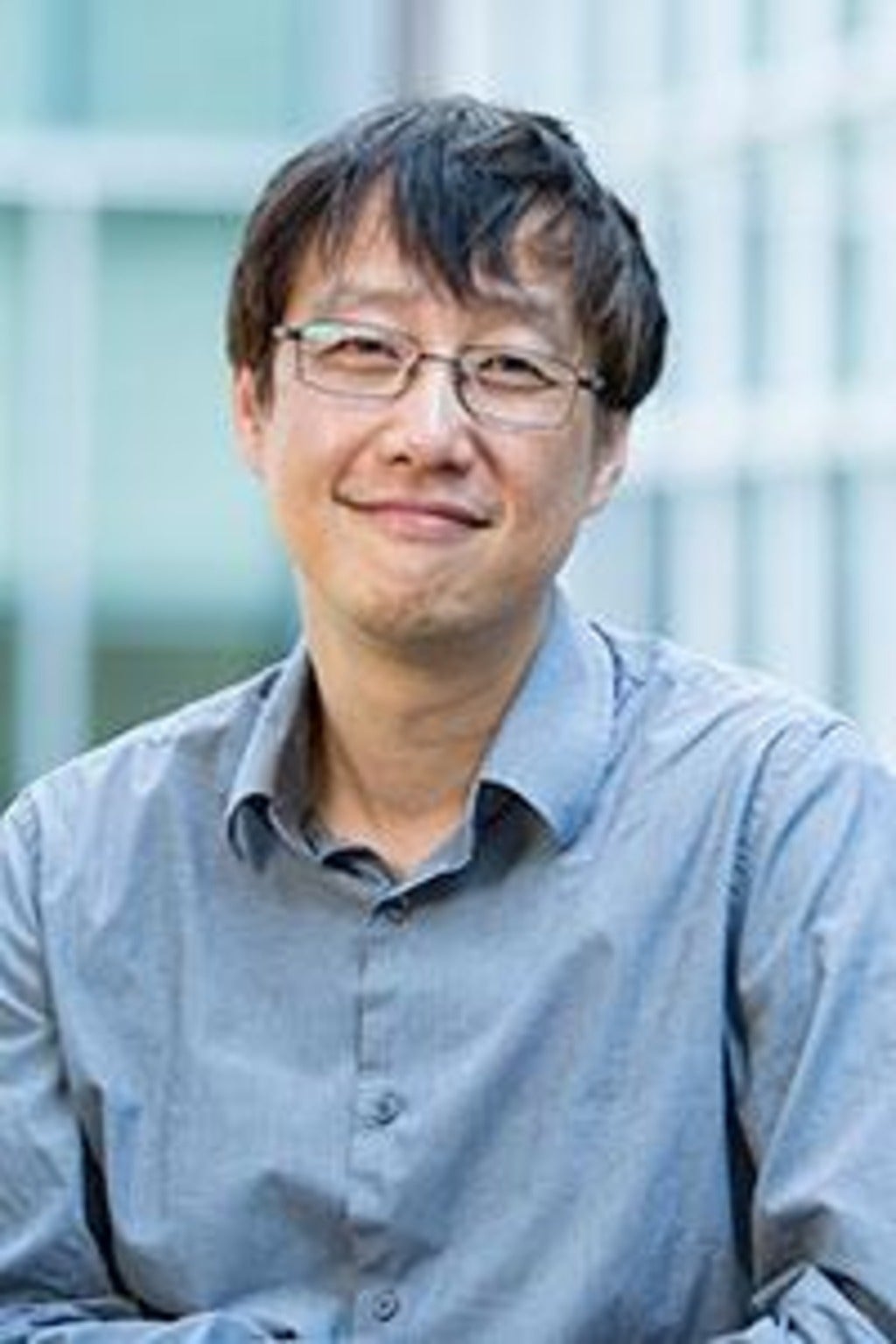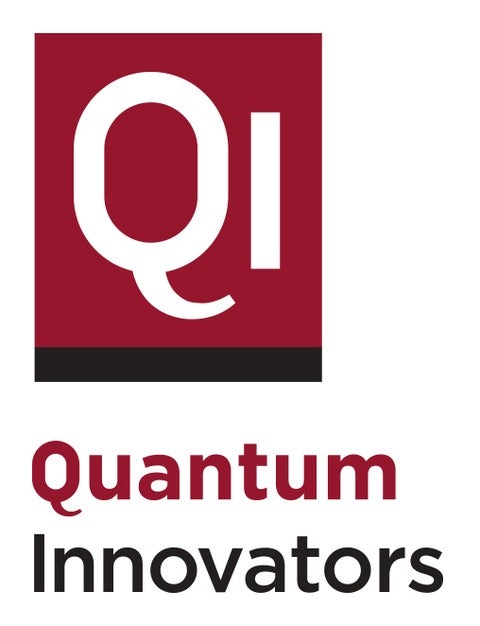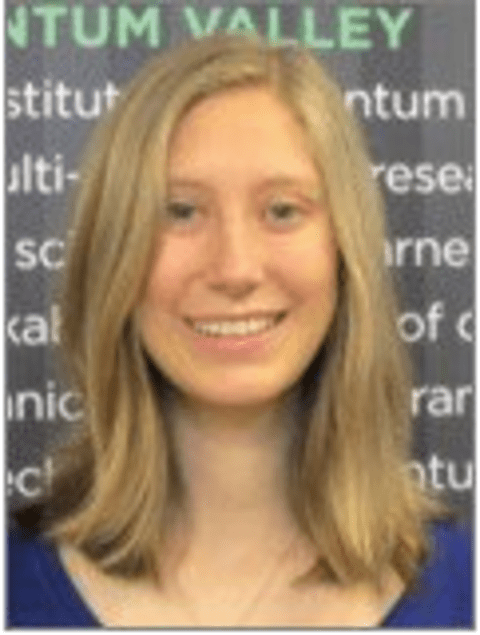Materials in 2-dimension and beyond: platform for novel electronics and optoelectronics
WIN/IQC Joint Distinguished Lecture
 Philip Kim is an experimental condensed matter physicist. The focus of Kim’s group’s research is the mesoscopic investigation of various physical phenomena in low dimensional and nanostructured materials.
Philip Kim is an experimental condensed matter physicist. The focus of Kim’s group’s research is the mesoscopic investigation of various physical phenomena in low dimensional and nanostructured materials.


